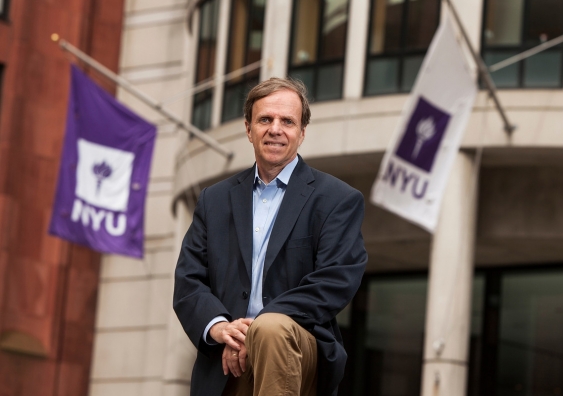Former Obama adviser on why firms need to factor in human rights
Michael Posner will discuss the crucial role companies can play in protecting and promoting human rights, and solving global challenges, at Australian Human Rights Centre’s Annual Lecture.


